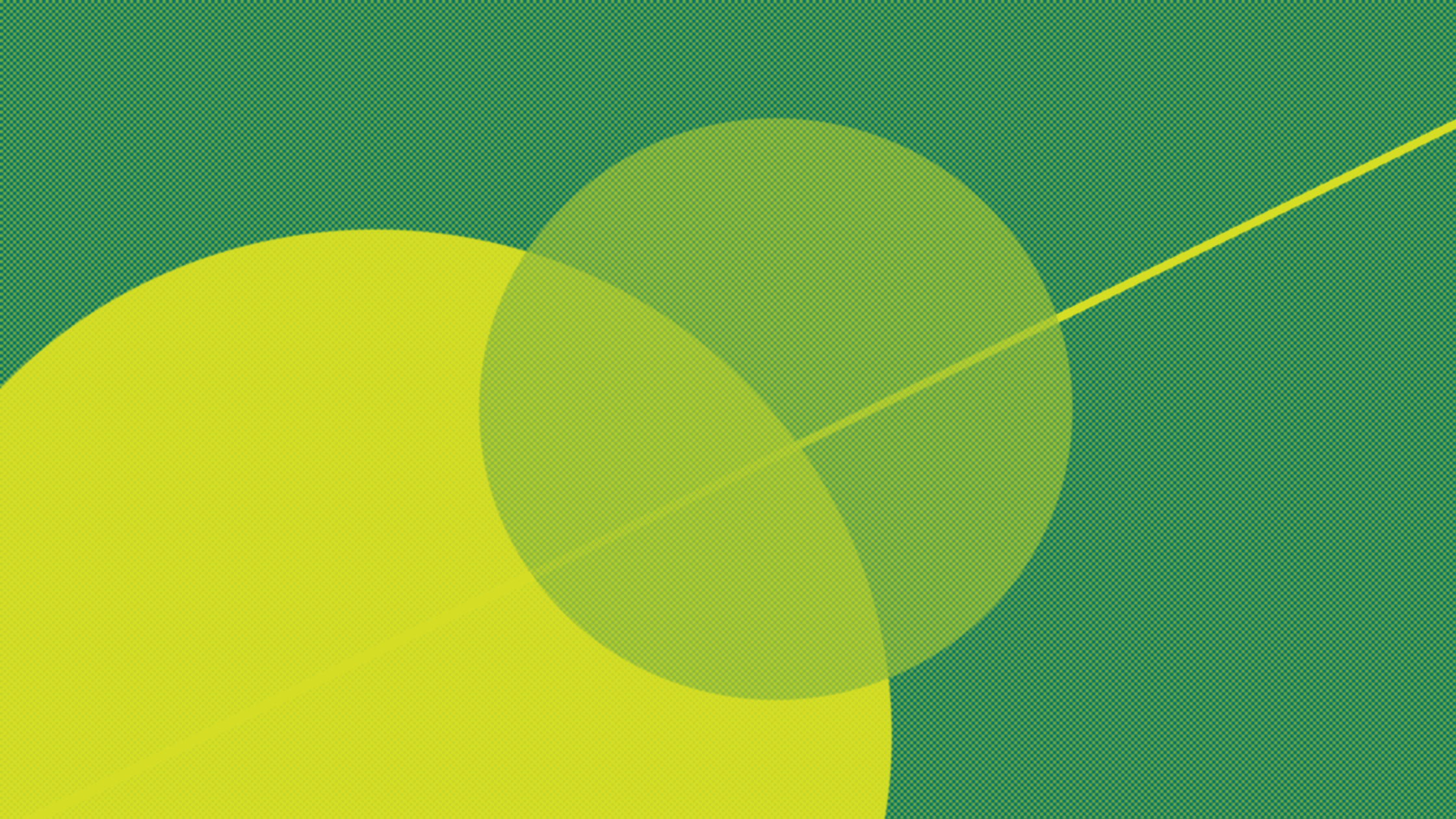WHO jumps the gun?
On 21st August PLoS Medicine published a research article from Kenya that reported a remarkable increase in the number of children sleeping under insecticide-treated mosquito nets, following policy changes that led to greater availability of free nets. A month later the Lancet published further findings from the same study.
Both journals had, however, been taken by surprise, on 16th April, by the release of a lengthy press kit by the World Health Organization, before the articles themselves had been published. The Kenyan research team had shared their data with WHO but on a confidential basis; they too were surprised (indeed shocked) by the early release. But the breaking of a press embargo is not the main issue here. Both research articles included detailed discussion of the results and the study strengths and limitations. The WHO document in contrast made bold unqualified statements and went on to issue new guidance on the use of nets, based on its interpretation of the study data.
An editorial in the Lancet has already registered concern over the behaviour of WHO. There has also been debate on the matter on various listservs, including HR4D-net and HIF-net.
So should WHO be making claims based on research that has not completed expert peer-review and which it has chosen to interpret in its own way? It would be interesting to hear the views of readers of PLoS Medicine on this point. However, it does seem to me that if we journal editors wait until expert review has been completed – and we are confident in the rigour of a study and its conclusions – before we publish, then policy-setting UN organisations must also surely hold their fire before they contact the media and issue new guidance.
